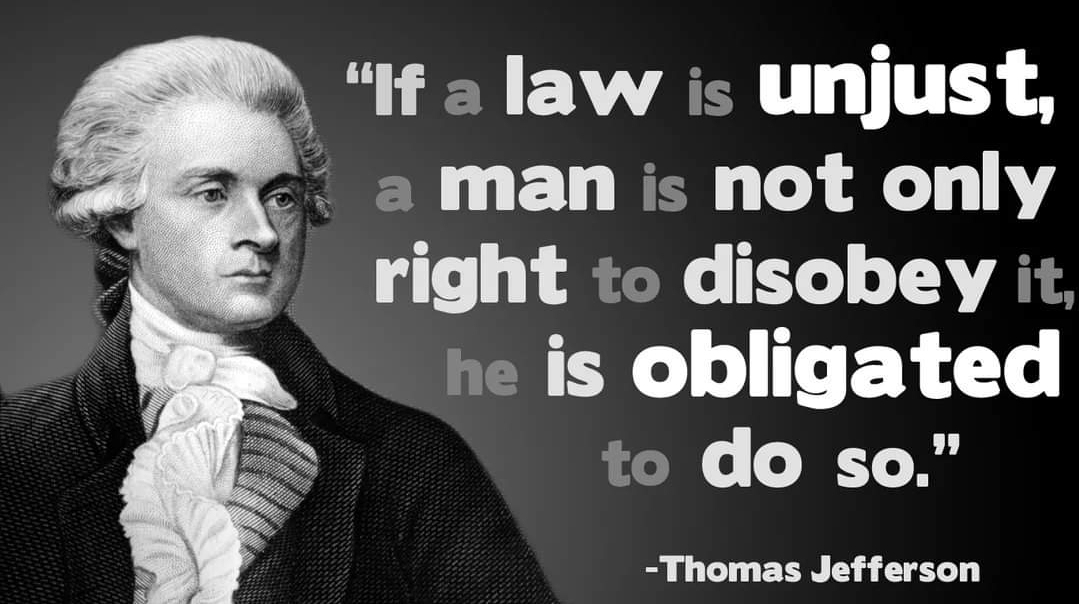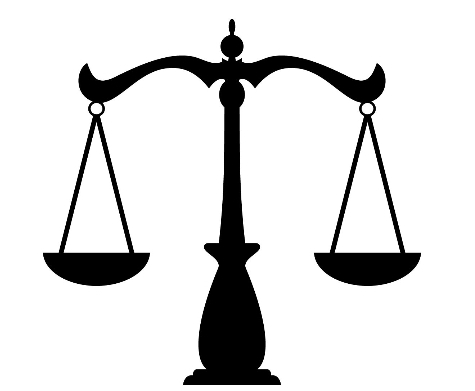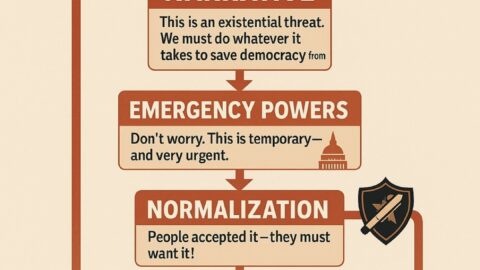When the law becomes corrupt and starts serving the interests of oligarchs, it is often because the institutions of power—such as the police and military—are manipulated to protect the interests of the few over the many. In such scenarios, some members of law enforcement may act knowingly, while others are simply following orders without understanding the broader implications of their actions. This kind of systemic corruption erodes trust in public institutions and harms democracy.

To address this, it is crucial that people stop blindly supporting or “feeding” the system by uncritically complying or accepting its abuses. However, simply withdrawing support is not enough; there must also be a deliberate effort to engage with the police and other public servants, explaining the reasons for dissent and exposing the corruption that drives their actions.
Steps the People Can Take:
- Raise Awareness Among Law Enforcement: Many police officers and military personnel may be unaware of the larger political or economic interests they are serving. Educating them on how their actions contribute to oppression or the erosion of public trust is a crucial step. Citizens can organize campaigns, distribute literature, and engage in discussions to inform them of the broader societal implications of their actions.
- Nonviolent Resistance: Instead of violent confrontation, nonviolent resistance—such as protests, strikes, or civil disobedience—can effectively challenge the authority of corrupt institutions without feeding into cycles of violence. When people refuse to cooperate with corrupt laws or orders, it sends a powerful message.
- Engage in Dialogue: Direct dialogue with police and military personnel can be an opportunity to explain why the system they are upholding is harmful. This can be done in peaceful protests or community forums. Humanizing the conversation can help law enforcement see the impact of their actions and question the orders they are following.
- Demand Accountability: The public should push for accountability within the police and military, demanding transparency in operations and consequences for those who abuse their power. When people band together to hold public officials accountable, it creates pressure for systemic reform.
- Support Whistleblowers: Encouraging and supporting whistleblowers from within law enforcement can help expose corruption. Those within the system who are aware of its flaws but fear retaliation need protection and backing from the public.
- Organize for Political Change: Structural change will only happen if people organize politically, challenging the oligarchs’ influence and electing representatives who will reform the system. Grassroots movements can work toward reclaiming institutions that have been co-opted by powerful interests.
In summary, when the law becomes corrupt, the solution involves both resistance and engagement. It is about withdrawing support from unjust systems while actively working to change them—educating, resisting nonviolently, and holding corrupt leaders and enforcers accountable.







